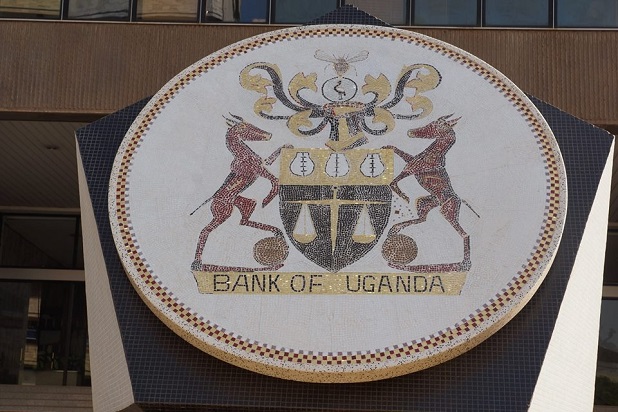MTN Uganda CEO, Wim Vanhelleputte expects good public response to the share offer
Over the next six weeks, investors will be able to apply for MTN Uganda shares after the Initial Public Offer (IPO) which was announced on Monday. With individual investments capped at 500 shares, each selling at 200 Shillings, the highest a person can invest is 100,000 Shillings.
With 4,477,808,848 ordinary shares being offered, from the 20 per cent of its share capital, the company says it is looking to raise 895 billion Shillings, which will be about double the cumulative sum raised in Initial Public Offers since June 2000 when the first IPO was done.
After the 6-week period, the shares will then be listed on the Uganda Securities Exchange, making MTN the 10th domestic company to list, introducing the telecommunications sector to the Stock Exchange market. The bourse has until now been dominated by the financial and manufacturing sectors.
MTN Uganda Chief Executive Officer, Wim Vanhelleputte says they are sure of this IPO becoming the most easily accessed by Ugandans and could lead to over-subscription, because of the distribution channels. Ugandans intending to buy shares will be able to use their mobile phones to apply and pay for them, without the need for a stockbroker or even going to any MTN outlets.
“Our m-IPO initiative is the country’s first paper-free IPO platform aimed at retail investors, in partnership with the USE, and will help position Uganda at the forefront of digitizing the capital markets for Africa,” he added.
The USE Chief Executive Officer, Paul Bwiso says, apart from diversification, MTN’s listing increases by two, the value of the stock market, as it adds about four trillion Shillings to the market capitalization.
After the IPO, those who applied and paid for shares are allotted shares to complete the primary market activities. The shares are then listed on the Uganda Securities Exchange, from where the shareholders and intending buyers meet to transact only in the shares that were sold by the company. The willingness of shareholders to sell determines how many shares are available or on offer at any one time.
And, unlike in the IPO where the price is pre-determined, on the securities exchange, the number of shares offered and the bids made for the shares by those who want to buy, determine the price of the share. While the IPO price is fixed, the price on the securities exchange may rise far above the price at the IPO, or fall below, as the market forces may determine.
This creates two types of share buyers; those who want to sell when the share price rises so as to make a profit, and those who want to retain their investment in the company and be paid a dividend at the end of each financial year. In most cases, the share price has been higher than the initial price, though it may fall with time due to various factors in the market or the economy that might affect the demand for the shares, including the performance of the company itself.
The authorities urge the public to read the prospectus of the listing company before deciding to buy so that they are aware of the possible outcomes of their investment. Many Ugandans are still cursing having participated in Kenya’s Safaricom IPO in 2008, which was declared hugely successful because it was highly oversubscribed (more than four times).
This means the number of shares applied for and the money raised, exceeded what the company had expected, and therefore most applicants will not get what they applied for. Reports indicate that smaller investors got between 25 and 30 per cent of the shares the had applied for, while others say they never even received a refund for the shares they did not get.
“I caution prospective institutional and individual investors to endeavour to understand the salient features of the offer as spelt out in the prospectus by seeking professional advice from any of the licensed investment advisors or participating brokers, before investing,” said Capital Markets Authority Chief Executive Keith Kalyegira.
Companies that attracted more than planned for applications include BAT, NIC, Bank of Baroda, Umeme and Stanbic Bank which was oversubscribed by 230 per cent. MTN, soon to be followed by Airtel and Lycamobile is complying with the provisions of the National Broadband Policy of 2018 and the licensing guidelines that compel telecom companies to sell at least 20 per cent of their issued share capital.
MTN Uganda CEO Wim Vanhelleputte says while the regulations provide for this, it is good for the company because shareholders then gain confidence.
It is not the first time that compelled listing is being done. When Stanbic bought the Uganda Commercial Bank from the government, one of the terms and conditions was that it had to sell at least 20 per cent of the shares to the public. Almost two decades later, Stanbic Bank CEO Anne Jjuuko says the company has actually realized benefits arising from a more strict regulation by the CMA.
MTN’s Vanhelleputte MTN will use the money to continue expanding the network to areas not covered, also as part of the licensing requirements to cover at least 90 per cent of the landmass.
-URN






Expansion of MTN network in remote areas.